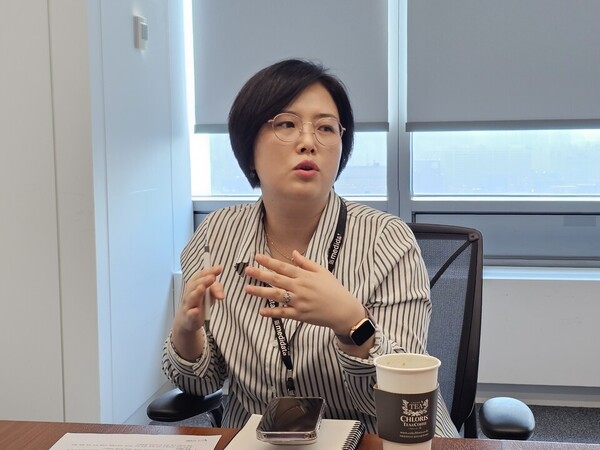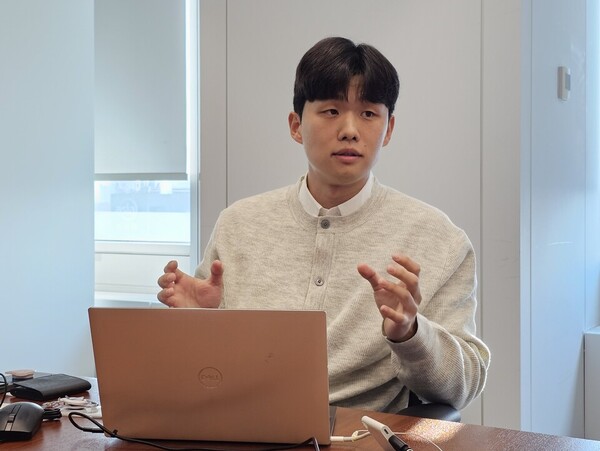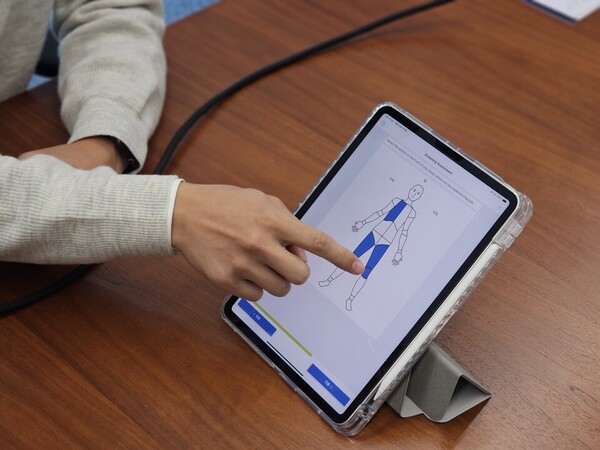If decentralized clinical trials (DCT), which have already become a mainstay of clinical trials overseas, continue to be restricted in Korea, Korean patients may be left out of global drug trials, experts said Wednesday.
They also pointed out that it is necessary to increase the competitiveness of domestic clinical trials as China has already surpassed Korea.

Medidata Korea held a media academy at the company’s headquarters in Gangnam-gu, Seoul. At the event, Senior Director Kim Hye-ji and Solution Consultant Lee Hyo-baek explained the definition and development of DCT, key regulatory developments related to DCT at home and abroad, and Medidata's DCT solutions.
Decentralized Clinical Trials (DCT) refer to clinical trials in which some or all clinical trial-related activities previously centered at medical institutions are decentralized, distributed through technology, and conducted at other places. They can reduce participant dropout rates, monitoring costs, and time.
The use of digital technology is increasing throughout the clinical trial process, starting with electronic data collection (EDC). The rise of patient-centered trials instead of traditional sponsor- and institute (investigator)-centered trials is one of the reasons why DCT is gaining traction.
According to Medidata, several clinical trials with a DCT element exploded during the Covid-19 pandemic. In 2021, more than 1,000 trials, or about 28 percent of total clinical trials, included a DCT component. DCT elements include the use of wearable devices, delivery of investigational medicines, electronic patient consent, and remote monitoring
"DCT is a category," Lee said. “So, it only takes one related technology to be considered DCT. It used to be thought that you had to utilize all of the technologies involved in DCT. However, it has become more of a hybrid model where you utilize some depending on the purpose or nature of the clinical trials.”
Active debates take place on DCT overseas. The U.S. Food and Drug Administration released draft guidelines for DCT in May. It stated that DCT could take place in a participant's home or at a local healthcare facility that is convenient for the participant. It also allows for hybrid DCT activities.
The European Medicines Agency (EMA) also recognizes that data collection through electronic technologies, including electronic case notes, electronic questionnaires, and wearable devices, can take place at off-site locations and clinical sites.
Noteworthy is the aggressive adoption of DCT in Asia by Japan and China.
Japan currently allows for direct delivery of investigational medicines to patients' homes, blood draws to administer and test investigational medicines at collaborating medical centers, and patient consent based on electronic information. China has made it easier to recruit clinical participants online.

In Korea, however, guidelines or regulations still need to be implemented.
The Korea National Enterprise for Clinical Trials (KoNECT) continues to research and discuss DCT, and the medical community is raising the need by conducting pilot clinical trials. Government agencies, including the Ministry of Health and Welfare and the Ministry of Food and Drug Safety, have also recognized the need to institutionalize DCT but have been slow to establish policies.
The problem is that Korea may be excluded when global pharmaceutical companies conduct multinational clinical trials using DCT. This means Korean patients may be denied the benefits of new global drugs through clinical trials. Some argue that this is also directly related to Korea's competitiveness in clinical trials.
"Ten years ago, Korea had the highest quality of clinical trials among the three countries and provided the best value for money for clients. Recently, however, China's growing presence has put a question mark over Korean trials," Lee said.
Lee noted that Korean clinical data has had the advantage of being clean and tidy, but electronic questionnaires have partially eroded it as we moved to DCT.
“I think it could be an opportunity to increase the value of Korean clinical trials again by improving the quality of monitoring through machine learning algorithms," he added.
Senior Director Kim commented on the cost factor.
"DCT is also advantageous in developing drugs. Everyone wants to develop new drugs domestically, but the cost of late-stage clinical trials is very high, so there are many cases of technology transfer. DCT can solve some of these problems," Kim said.

Meanwhile, despite the barren DCT soil in Korea, there are attempts to improve clinical trial results by introducing new technologies.
In September, Yuhan Corp. partnered with Medidata to introduce Medidata eCOA, an electronic questionnaire, for its phase 1 allergy drug candidate. It is expected to speed up clinical progress by linking with Rave EDC (Electronic Data Collection), an electronic clinical trial data collection platform already used by Yuhan, and Rave RTSM (Randomization and Trial Supply Management), a randomization and drug supply management solution for clinical trials.
In September, GI Innovation signed a business agreement with Medidata Korea to accelerate the clinical development of immuno-oncology drugs GI-101 and GI-102. It introduced Rave Trial Assurance, which utilizes Medidata's machine-learning algorithms for efficient data monitoring. It also discusses the use of Medidata AI, including synthetic control groups utilizing big data and AI technology.
Related articles
- Clinical trials are shifting towards DCT but hybrid approach more likely: IQVIA execs
- Decentralized clinical trial emerges as irresistible trend. What about Korea?
- [Special] ‘Regulation’ blocks DCT introduction in Korea. So how to unravel tangled threads?
- [Special] DCT was behind 1st Covid-19 vaccine developed in just 1 year
- [Special] 'Be it US, Europe, or China, DCT is global trend in clinical trials'
- KoNECT holds investment-luring strategy seminar in March

